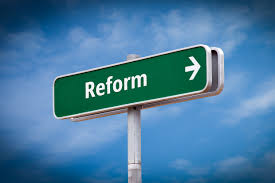
Adnan Adams Mohammed
As Ghana’s borrowing costs rose, escalating interest payments have crowded out critical capital investments needed for infrastructure and economic growth. Consequently, the World Bank wants Ghana to adopt tough fiscal reforms.
The latest Public Finance Review of Ghana’s economy report launched by the Bank highlights the urgent need for Ghana to reset its fiscal strategy by boosting domestic revenue, rationalizing tax exemptions, and enforcing stricter expenditure controls.
“Without deeper reforms”, the Bank warns, “Ghana risks reversing recent economic gains and prolonging financial instability”.
It recommends that “To achieve long-term stability, policymakers must curb non-essential spending, strengthen public financial management, and adopt a more disciplined fiscal framework to restore economic confidence and attract sustainable investments.”
The report attributed Ghana’s fiscal challenges to a lack of budget discipline, leading to unchecked public spending, surging interest payments, and increasing financial constraints.
The World Bank report also asserted that, excessive election-year spending, costly bailouts in the financial and energy sectors, and pandemic-related expenditures have severely strained Ghana’s fiscal space, limiting resources for productive investments.
Government spending has consistently outpaced GDP growth, with nearly 70% of total expenditure between 2010 and 2023 allocated to public sector wages, interest payments, and statutory transfers.